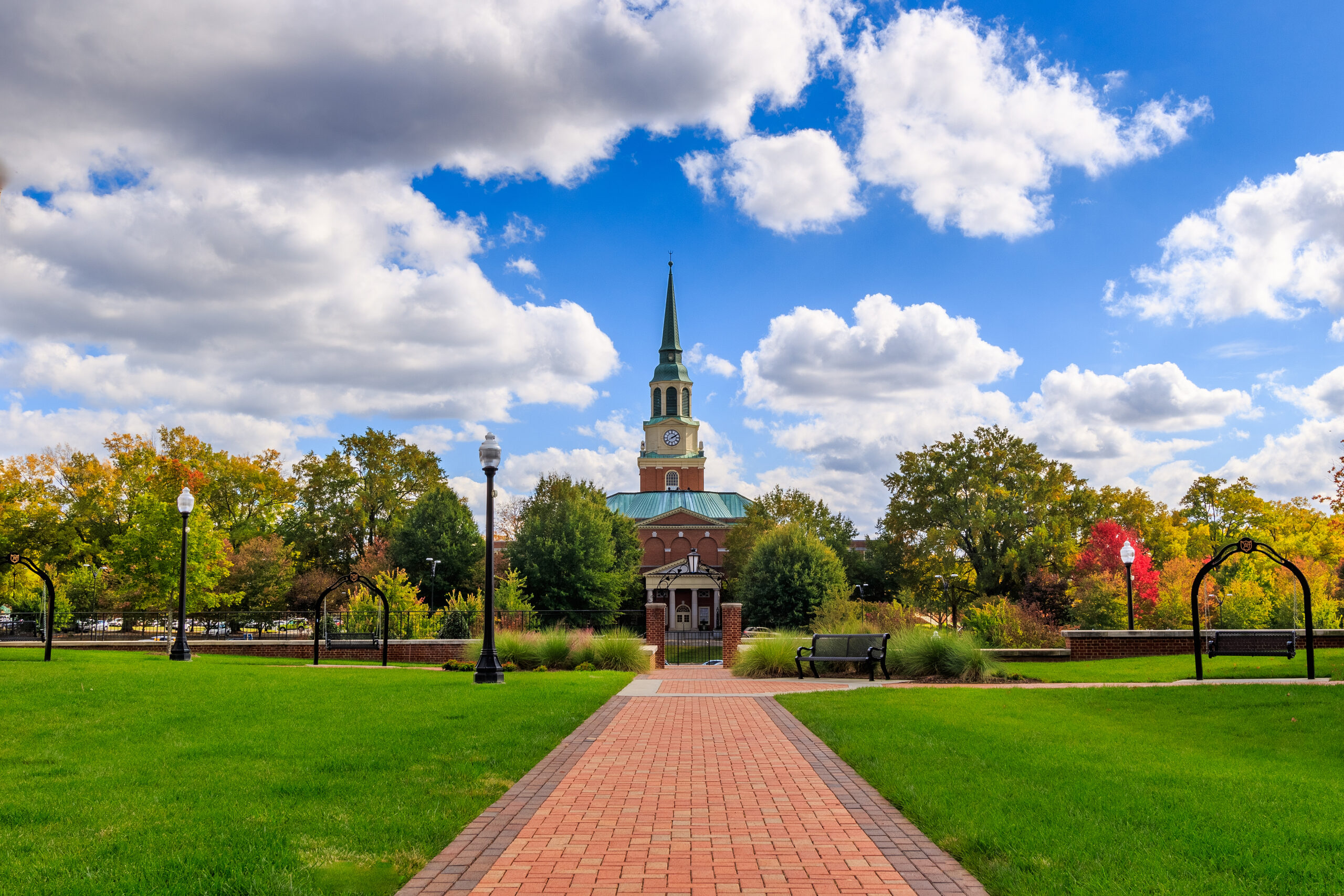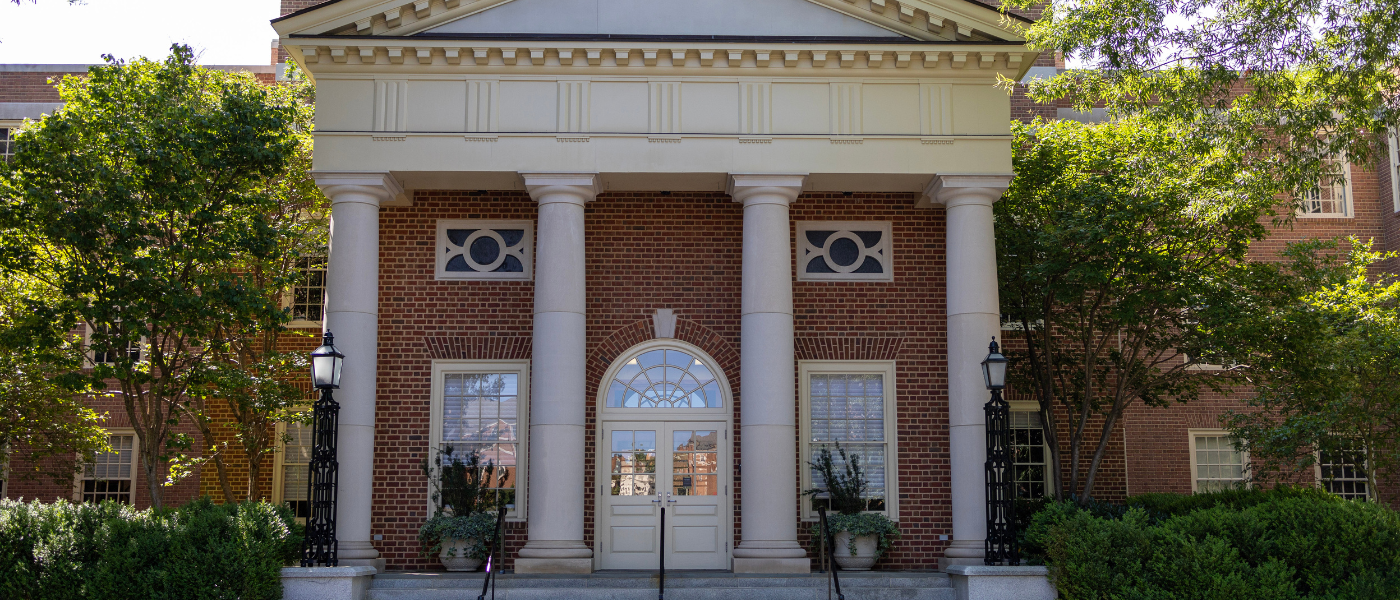About Wake Divinity

Wake Divinity is an ecumenical community committed to justice, reconciliation, and compassion.
Our Mission
Wake Forest University School of Divinity is a graduate, professional school that is Christian by tradition, Baptist in heritage, and ecumenical in outlook. Consistent with Wake Forest’s commitment to academic excellence and in the spirit of the University motto, Pro Humanitate, the School of Divinity prepares leaders informed by a theological understanding of vocation. Through imaginative courses and diverse programs of community engagement, students are equipped to be agents of justice, reconciliation, and compassion in Christian churches and other ministries.
Our Purpose
As faith leaders, we are called to offer responses of justice, reconciliation, and compassion to the diverse needs and challenges of the world.



Our Mission
Justice
working to ensure that all of God’s creation can flourish
Reconciliation
seeking to heal the brokenness within and among communities as we are led into action by the Holy Spirit
Compassion
cultivating authentic, Christ-like concern for others to participate in healing and transformation
Our Guiding Principles
The School of Divinity faculty fosters critical scholarship across the varied disciplines of theological education through rigorous academic inquiry in the classroom and through research and publication.
Through theological reflection, critical inquiry, and ministry formation, the School of Divinity encourages students to explore diverse religious, cultural, and ethnic perspectives within both national and international contexts.
The School of Divinity seeks to cultivate a community of learners that celebrates diverse religious, racial, ethnic, cultural, gender, and sexual identities and that fosters accessibility for all its members.
The School of Divinity provides opportunities for spiritual growth and exploration of personal and communal spiritual practices.
The School of Divinity joins with churches and other faith communities to create opportunities for mutual learning and critical dialogue, including student internships and various forms of mentoring, consultation, community education, and shared advocacy.
The School of Divinity advances the University’s commitment to Pro Humanitate through explorations of religious identity, vocation, social responsibility, and public engagement.
Hospitality and Language
The School of Divinity seeks “to cultivate a community of learners that celebrates diverse religious, racial, ethnic, cultural, gender, and sexual identities and that fosters accessibility for all of its members.”
Theological commitments lead the faculty to identify language use as one way we embody and practice hospitality. We invite all members of our learning community to join us in paying attention to how we use language and in exploring new language practices that cultivate hospitality.

